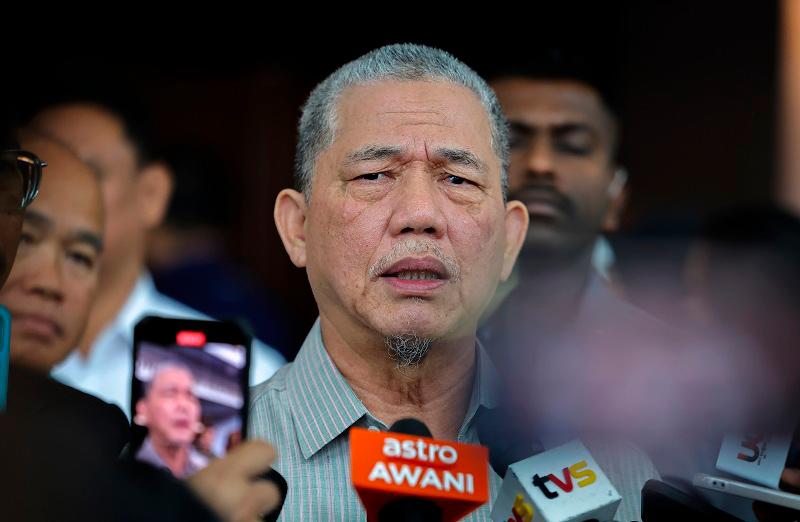KUCHING: The sinkhole incident at Jalan Masjid India, Kuala Lumpur, was caused by geographical and soil structure factors, said Deputy Prime Minister Datuk Seri Fadillah Yusof.
He explained that the limestone soil composition in the area disrupts the flow of underground water, leading to soil instability and ultimately resulting in the formation of the sinkhole.
“Sometimes, it’s impossible to predict when and where a sinkhole will occur.
“This phenomenon doesn’t only happen in Malaysia, but also around the world, particularly in areas with limestone and specific geological conditions,” he said after launching the Convention Against Worker Exploitation here today.
ALSO READ: Sinkhole incident: Second day of rescue efforts end without any new leads
Fadillah, who is also Minister of Energy Transition and Water Transformation, expressed hope that with advanced technology in the future, such incidents could be reduced, and early preventive measures could be taken.
“Although we cannot predict precisely when a sinkhole will occur, with the right knowledge and technology, we can take necessary steps to protect communities and mitigate the impact of these incidents,“ he added.
On Friday, a tourist from India, identified as Vijayaletchumy, 48, fell into an eight-metre-deep sinkhole after the ground gave way when she was walking in the area in front of Malayan Mansion at 8.22 am.
READ MORE: Woman who fell into sinkhole may have been swept away by underground water current, say police
: Sinkhole: SAR operation suspended, to resume today
: Sinkhole incident: Two more manholes to be checked - Dr Zaliha
: Masjid India sinkhole: Police advise vendors to temporarily close due to toxic gas risk









